Home>Renovation & DIY>Tools & Equipment>What Is An Electric Screwdriver
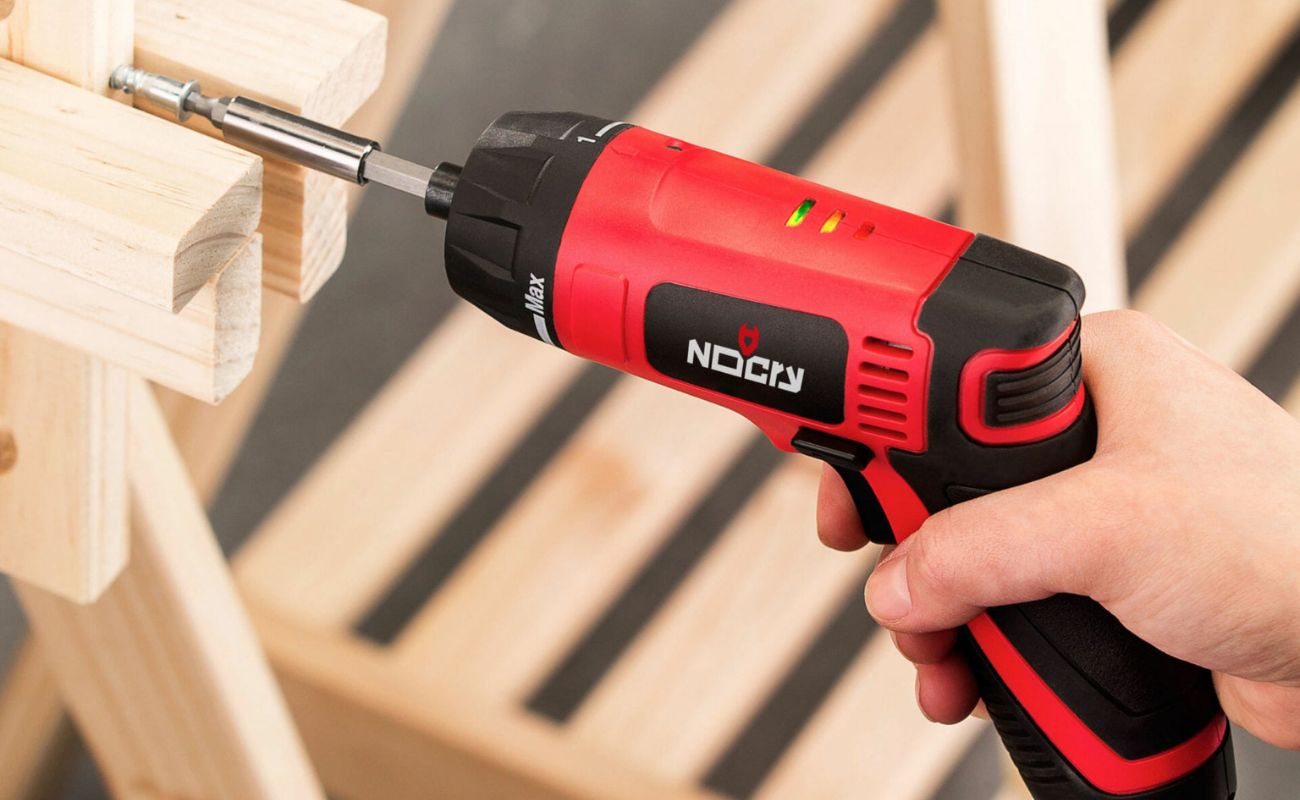

Tools & Equipment
What Is An Electric Screwdriver
Modified: April 22, 2024
Learn about the benefits of an electric screwdriver and how it can make your DIY projects easier. Find out more about this essential tool. Ideal for tools and equipment enthusiasts.
(Many of the links in this article redirect to a specific reviewed product. Your purchase of these products through affiliate links helps to generate commission for Storables.com, at no extra cost. Learn more)
Introduction
Read more: What Is A Slotted Screwdriver
Introduction
An electric screwdriver is a versatile and indispensable tool that has revolutionized the way we approach various tasks, from simple household repairs to complex construction projects. Its significance lies in its ability to efficiently drive screws into different materials, making it an essential companion for DIY enthusiasts, woodworkers, electricians, and professionals across diverse industries.
The evolution of the electric screwdriver has paved the way for enhanced precision, speed, and convenience in fastening applications. By understanding the intricacies of this powerful tool, individuals can harness its potential to streamline their work processes and achieve superior results. In this comprehensive guide, we will delve into the mechanics, types, advantages, and disadvantages of electric screwdrivers, empowering you to make informed decisions and maximize the utility of this innovative equipment.
Key Takeaways:
- Electric screwdrivers are powerful tools that make driving screws easier and faster, reducing physical strain and enhancing precision. They come in various types, catering to different tasks and environments, making them essential for DIY enthusiasts and professionals alike.
- While electric screwdrivers offer enhanced productivity and versatility, they also come with considerations such as power source dependency and initial investment. Understanding their advantages and limitations is crucial for optimizing their use and achieving high-quality results in fastening applications.
Definition of an Electric Screwdriver
At its core, an electric screwdriver is a handheld power tool designed to drive screws with precision and efficiency. Unlike traditional manual screwdrivers, electric screwdrivers are equipped with a motorized mechanism that automates the process of turning screws, significantly reducing the physical effort required to fasten or unfasten them. This transformative feature makes electric screwdrivers an invaluable asset for both professionals and hobbyists, allowing them to tackle a wide range of projects with ease.
Electric screwdrivers come in various sizes, designs, and power configurations, catering to the diverse needs of users across different industries. From compact cordless models ideal for small-scale tasks to robust corded versions capable of handling heavy-duty applications, the versatility of electric screwdrivers makes them a staple in workshops, construction sites, manufacturing facilities, and homes.
One of the defining characteristics of electric screwdrivers is their adjustable torque settings, which enable users to exert precise control over the amount of force applied when driving screws. This feature not only prevents over-tightening or stripping of screws but also ensures consistent and reliable fastening, contributing to the overall quality and durability of the assembled structures or components.
Furthermore, modern electric screwdrivers often incorporate ergonomic designs, including comfortable grips and lightweight constructions, to enhance user comfort during prolonged use. Some models also feature built-in LED lights to illuminate the work area, magnetic screw holders for added convenience, and reversible functionality for effortless screw removal.
As technology continues to advance, electric screwdrivers have evolved to offer advanced features such as brushless motors for improved efficiency and battery life, smart controls for seamless operation, and compatibility with various screw types and sizes. These innovations underscore the adaptability and innovation driving the ongoing development of electric screwdrivers, positioning them as indispensable tools for enhancing productivity and precision in a multitude of applications.
Types of Electric Screwdrivers
Electric screwdrivers are available in a diverse array of configurations, each tailored to specific tasks and user preferences. Understanding the distinct types of electric screwdrivers is crucial for selecting the most suitable tool for a given application. Here are the primary categories of electric screwdrivers:
- Cordless Electric Screwdrivers: These portable screwdrivers are powered by rechargeable batteries, offering the flexibility to operate without being tethered to a power outlet. Cordless electric screwdrivers are ideal for tasks that require mobility and access to confined spaces, making them popular choices for assembly, woodworking, and electrical work.
- Corded Electric Screwdrivers: Unlike their cordless counterparts, corded electric screwdrivers rely on a constant power supply from an electrical outlet. This design ensures uninterrupted operation, making them well-suited for high-demand applications where sustained power is essential. They are commonly utilized in construction, manufacturing, and heavy-duty assembly tasks.
- Impact Electric Screwdrivers: Designed to deliver high torque output, impact electric screwdrivers are equipped with mechanisms that generate rotational force combined with concussive blows. This unique functionality enables them to drive screws into tough materials with remarkable efficiency, making them indispensable for construction, automotive assembly, and metalworking.
- Automatic Feed Screwdrivers: These specialized electric screwdrivers are engineered to automatically feed and drive screws, significantly expediting repetitive fastening tasks. They are frequently employed in production lines, electronics manufacturing, and construction projects where rapid and consistent screw insertion is paramount.
- Precision Electric Screwdrivers: Tailored for delicate and intricate applications, precision electric screwdrivers offer fine control over torque and rotational speed, making them indispensable for electronics assembly, instrument repair, and small-scale crafting endeavors.
Each type of electric screwdriver presents unique advantages and considerations, influencing their suitability for specific projects and environments. By discerning the distinctive attributes of these variations, users can make informed decisions when selecting the most appropriate electric screwdriver to meet their operational requirements.
How Does an Electric Screwdriver Work?
Electric screwdrivers operate on the fundamental principle of converting electrical energy into mechanical motion to drive and fasten screws. The intricate internal mechanisms of these tools enable them to deliver precise torque and rotational force, empowering users to accomplish fastening tasks with efficiency and consistency.
Key components of an electric screwdriver include:
- Motor: At the heart of the electric screwdriver is a motor responsible for generating rotational force. Depending on the type of screwdriver, this motor may be brushless or incorporate brushes for power transmission.
- Transmission System: The transmission system comprises gears, clutches, and other mechanical components that regulate the torque and rotational speed delivered to the screwdriver bit. This system allows users to adjust the torque settings to suit the specific requirements of the fastening application.
- Power Source: Cordless electric screwdrivers are powered by rechargeable batteries, while corded models rely on a direct electrical connection. The power source supplies the necessary energy to drive the motor and facilitate the fastening process.
- Trigger or Control Mechanism: Electric screwdrivers are equipped with triggers, switches, or smart controls that enable users to activate and modulate the tool’s operation. These interfaces provide users with the ability to start, stop, and adjust the speed and torque output of the screwdriver.
- Chuck and Bit Holder: The chuck serves as the interface for securing the screwdriver bits, ensuring a secure connection and efficient transfer of rotational force to the screws. Some electric screwdrivers feature magnetic or quick-release bit holders for added convenience.
When in operation, the user activates the electric screwdriver, initiating the flow of electrical current to the motor. The motor then converts this electrical energy into rotational motion, which is transmitted to the screwdriver bit through the transmission system. As the bit engages with the screw, the controlled torque output ensures that the fastening process is executed with precision, preventing over-tightening or damage to the workpiece.
Additionally, advanced electric screwdrivers may incorporate sensor technologies and feedback mechanisms to monitor and adjust the torque output in real time, further enhancing the tool’s performance and the quality of the fastening results.
By harnessing the principles of electromechanical conversion and ergonomic design, electric screwdrivers empower users to drive screws effortlessly, expedite assembly processes, and achieve consistent and reliable fastening outcomes across a diverse range of applications.
An electric screwdriver is a power tool that uses electricity to drive screws into various materials. It is a convenient and efficient tool for DIY projects and can save time and effort compared to using a manual screwdriver.
Read more: How To Use An Electrical Test Screwdriver
Advantages of Using an Electric Screwdriver
Electric screwdrivers offer a multitude of advantages that significantly enhance the efficiency, precision, and user experience in fastening applications. These benefits make them indispensable tools across various industries and DIY endeavors, contributing to streamlined operations and superior results. Here are the key advantages of using electric screwdrivers:
- Enhanced Productivity: Electric screwdrivers expedite the fastening process, allowing users to drive screws rapidly and consistently. This efficiency translates to time savings and increased productivity, particularly in assembly lines, construction projects, and manufacturing environments.
- Reduced Physical Strain: The motorized operation of electric screwdrivers minimizes the physical effort required to drive screws, mitigating strain and fatigue on the user’s hands and wrists. This ergonomic advantage is especially beneficial during extended periods of screwdriving, promoting comfort and reducing the risk of repetitive strain injuries.
- Precision and Control: Electric screwdrivers offer adjustable torque settings and consistent rotational speed, enabling users to exert precise control over the fastening process. This precision prevents over-tightening, stripping of screws, and damage to delicate materials, ensuring reliable and high-quality assembly outcomes.
- Versatility: With a diverse range of types, sizes, and functionalities, electric screwdrivers cater to a wide spectrum of fastening needs. From delicate electronics assembly to heavy-duty construction tasks, these tools adapt to various applications, making them indispensable in workshops, repair facilities, and production lines.
- Portability and Convenience: Cordless electric screwdrivers provide the freedom of mobility, allowing users to navigate tight spaces and work without the constraints of power cords. This portability enhances convenience and accessibility, particularly in remote or confined work areas.
- Efficient Fastening in Tough Materials: Impact electric screwdrivers excel in driving screws into hard materials, such as metal and hardwood, with remarkable efficiency. Their high torque output and concussive force enable reliable fastening in challenging substrates, expanding the scope of applications where electric screwdrivers can be utilized.
By harnessing these advantages, electric screwdrivers empower users to optimize their fastening processes, elevate the quality of their work, and navigate a diverse array of projects with confidence and ease. The seamless integration of advanced features and ergonomic design elements underscores the indispensable role of electric screwdrivers in driving efficiency and precision across countless professional and DIY endeavors.
Disadvantages of Using an Electric Screwdriver
While electric screwdrivers offer a multitude of benefits, it is important to consider their potential limitations and drawbacks to make informed decisions regarding their utilization. Understanding the disadvantages of electric screwdrivers can guide users in addressing challenges and optimizing their operational experiences. Here are the key disadvantages associated with using electric screwdrivers:
- Dependency on Power Source: Cordless electric screwdrivers rely on rechargeable batteries, necessitating periodic recharging and potentially leading to downtime if the batteries deplete during critical tasks. Corded models, on the other hand, are tethered to electrical outlets, limiting mobility and requiring access to power sources.
- Initial Investment and Maintenance: Acquiring high-quality electric screwdrivers entails an initial investment, particularly for models with advanced features and capabilities. Additionally, ongoing maintenance, such as battery care and component upkeep, may incur additional costs and time commitments.
- Weight and Ergonomics: Some electric screwdrivers, especially those with larger motors or extended battery packs, may exhibit increased weight and bulk, potentially impacting user comfort during prolonged use. Ergonomic considerations are crucial to mitigate fatigue and ensure optimal handling of the tool.
- Noisy Operation: Certain types of electric screwdrivers, particularly impact models, can produce considerable noise during operation due to the mechanical impact mechanisms. This noise level may necessitate the use of hearing protection in environments where prolonged exposure is anticipated.
- Complexity and Learning Curve: Advanced electric screwdrivers with multiple torque settings, speed controls, and smart features may present a learning curve for users unfamiliar with their functionalities. Familiarizing oneself with the operation and adjustment of these settings is essential to maximize the tool’s capabilities.
- Application Limitations: While electric screwdrivers excel in a broad spectrum of fastening tasks, certain specialized applications or materials may necessitate alternative fastening methods or tools. Users should assess the compatibility of electric screwdrivers with specific substrates and fastening requirements to ensure optimal results.
By acknowledging these disadvantages, users can proactively address challenges associated with electric screwdrivers, whether through strategic tool selection, ergonomic adjustments, or adherence to maintenance best practices. Despite these limitations, the advantages of electric screwdrivers often outweigh their drawbacks, making them indispensable assets for diverse fastening needs.
Conclusion
Electric screwdrivers stand as indispensable allies in the realm of fastening applications, offering a blend of precision, efficiency, and versatility that transcends traditional manual screwdriving methods. Their evolution from simple power tools to sophisticated instruments equipped with advanced features reflects the ongoing pursuit of innovation and user-centric design in the realm of tools and equipment.
By delving into the mechanics, types, advantages, and disadvantages of electric screwdrivers, individuals gain valuable insights into the transformative potential of these tools across diverse industries and DIY pursuits. From the portability and convenience of cordless models to the high-torque capabilities of impact screwdrivers, the spectrum of electric screwdrivers caters to an extensive array of fastening needs, empowering users to navigate projects with confidence and precision.
While electric screwdrivers offer a host of advantages, including enhanced productivity, reduced physical strain, and precise control, it is equally important to consider their limitations, such as power source dependency and initial investment. By weighing these factors and leveraging the appropriate type of electric screwdriver for specific tasks, users can optimize their operational experiences and elevate the quality of their work.
In essence, the enduring relevance of electric screwdrivers lies in their ability to streamline fastening processes, elevate productivity, and deliver consistent, high-quality results. As technology continues to advance, these tools are poised to evolve further, embracing smart features, enhanced ergonomics, and sustainable power solutions to meet the ever-changing demands of modern work environments.
Ultimately, the journey of utilizing electric screwdrivers transcends the mere act of driving screws—it embodies a commitment to efficiency, craftsmanship, and the seamless fusion of human ingenuity with technological prowess, shaping the landscape of fastening practices for generations to come.
Frequently Asked Questions about What Is An Electric Screwdriver
Was this page helpful?
At Storables.com, we guarantee accurate and reliable information. Our content, validated by Expert Board Contributors, is crafted following stringent Editorial Policies. We're committed to providing you with well-researched, expert-backed insights for all your informational needs.
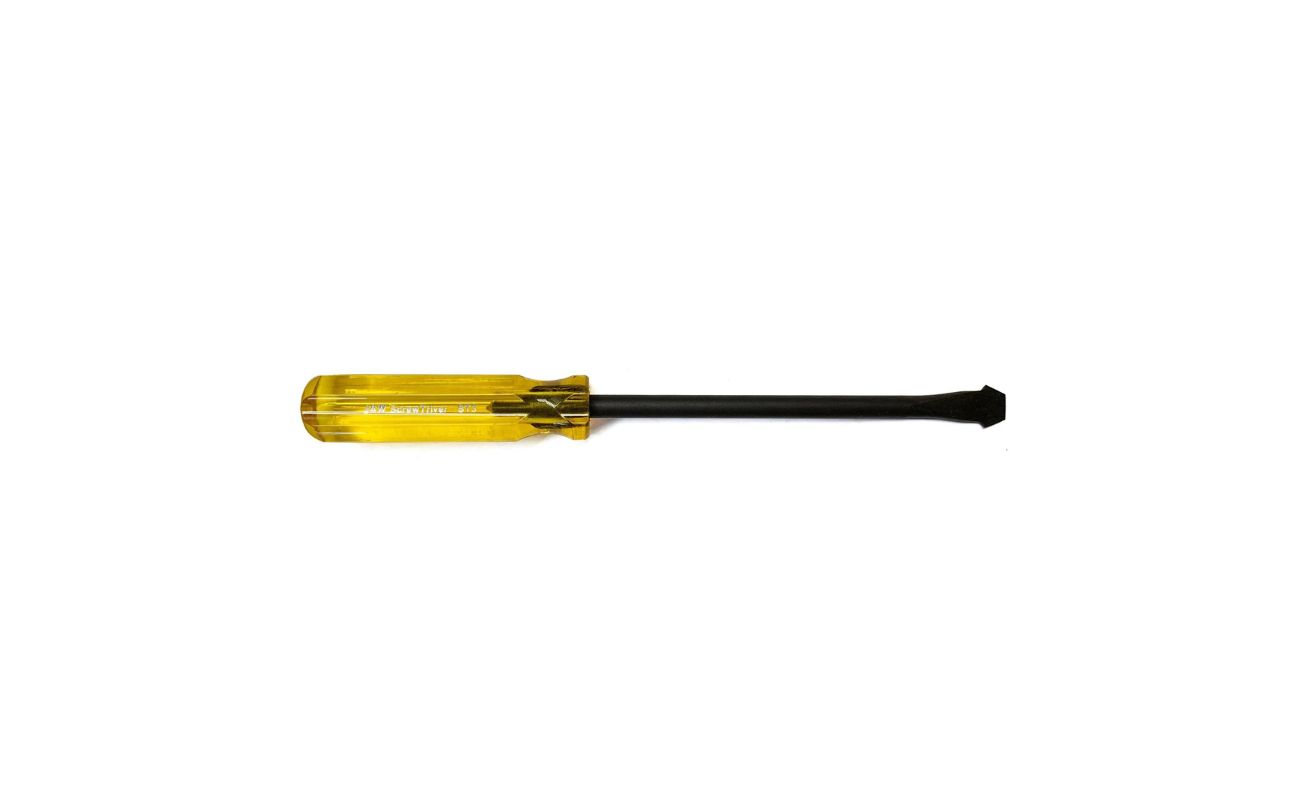
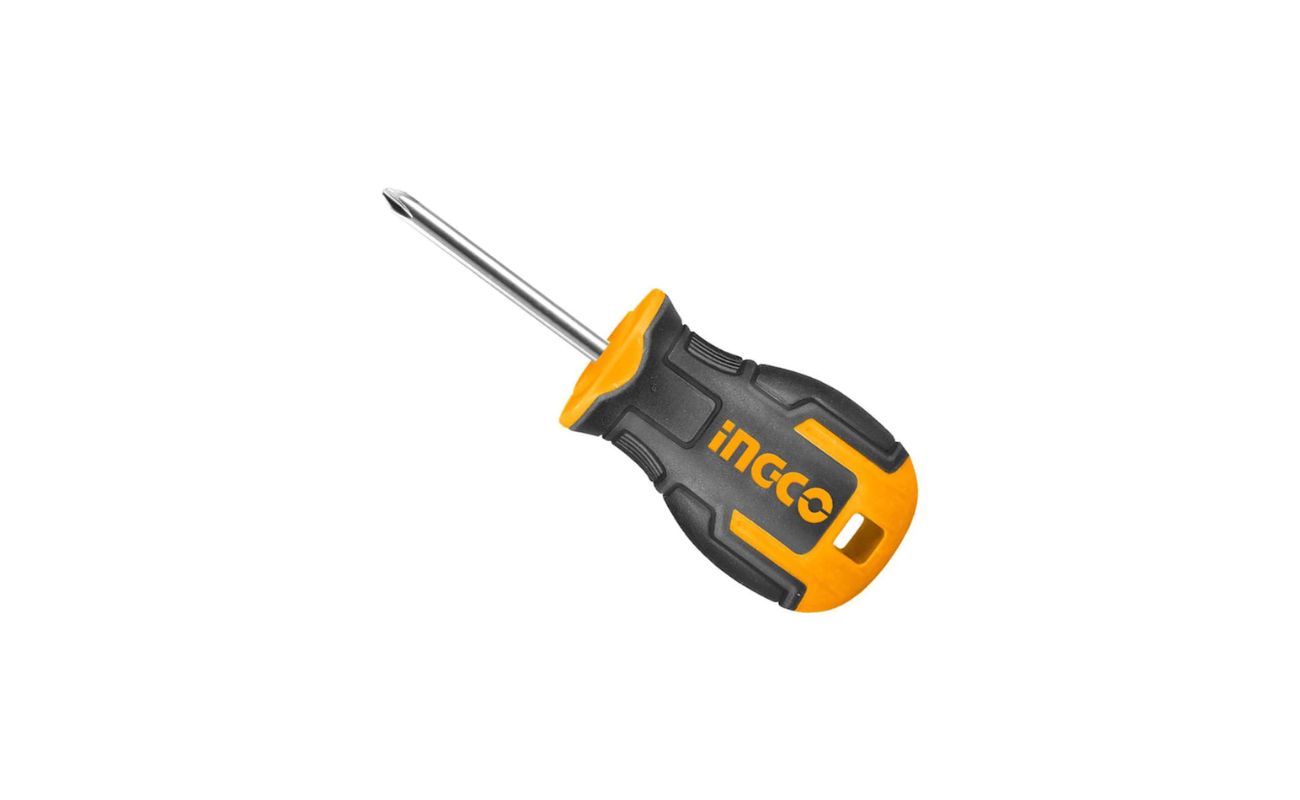
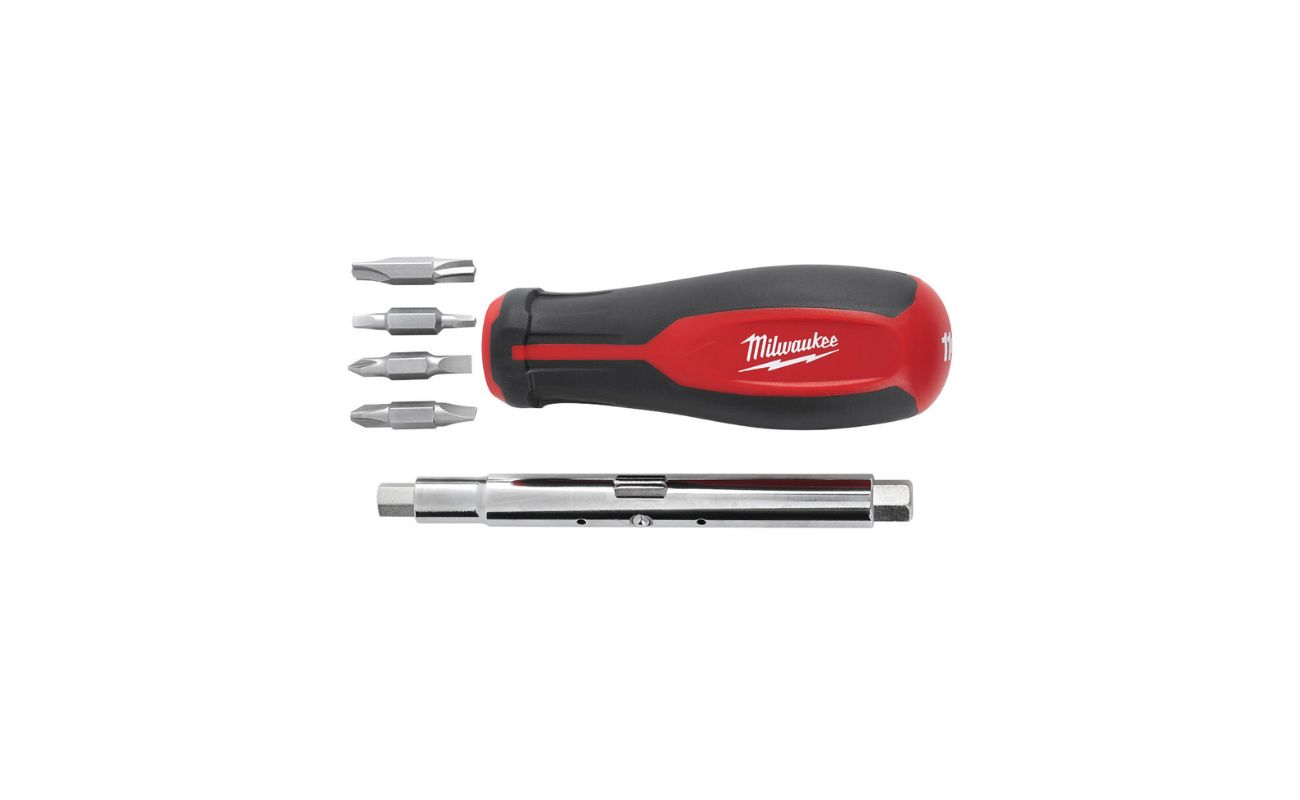
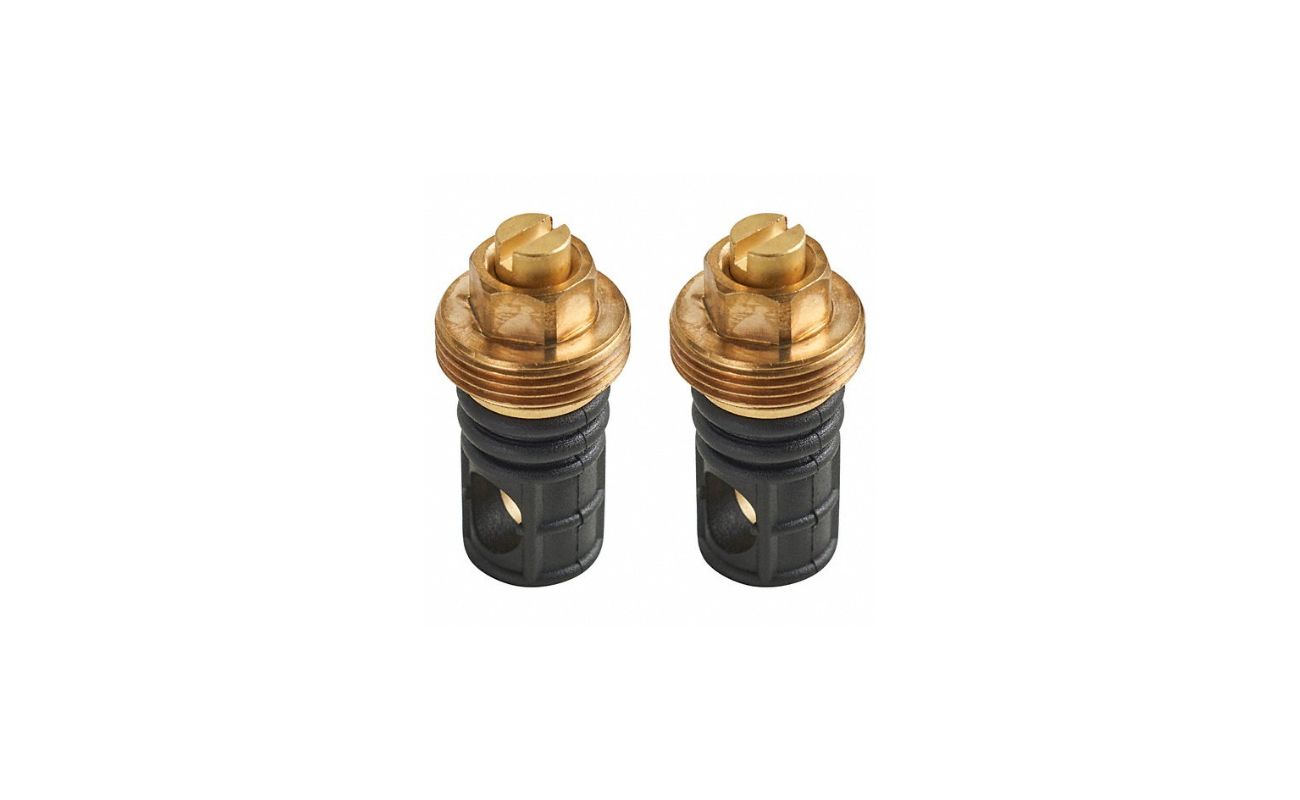
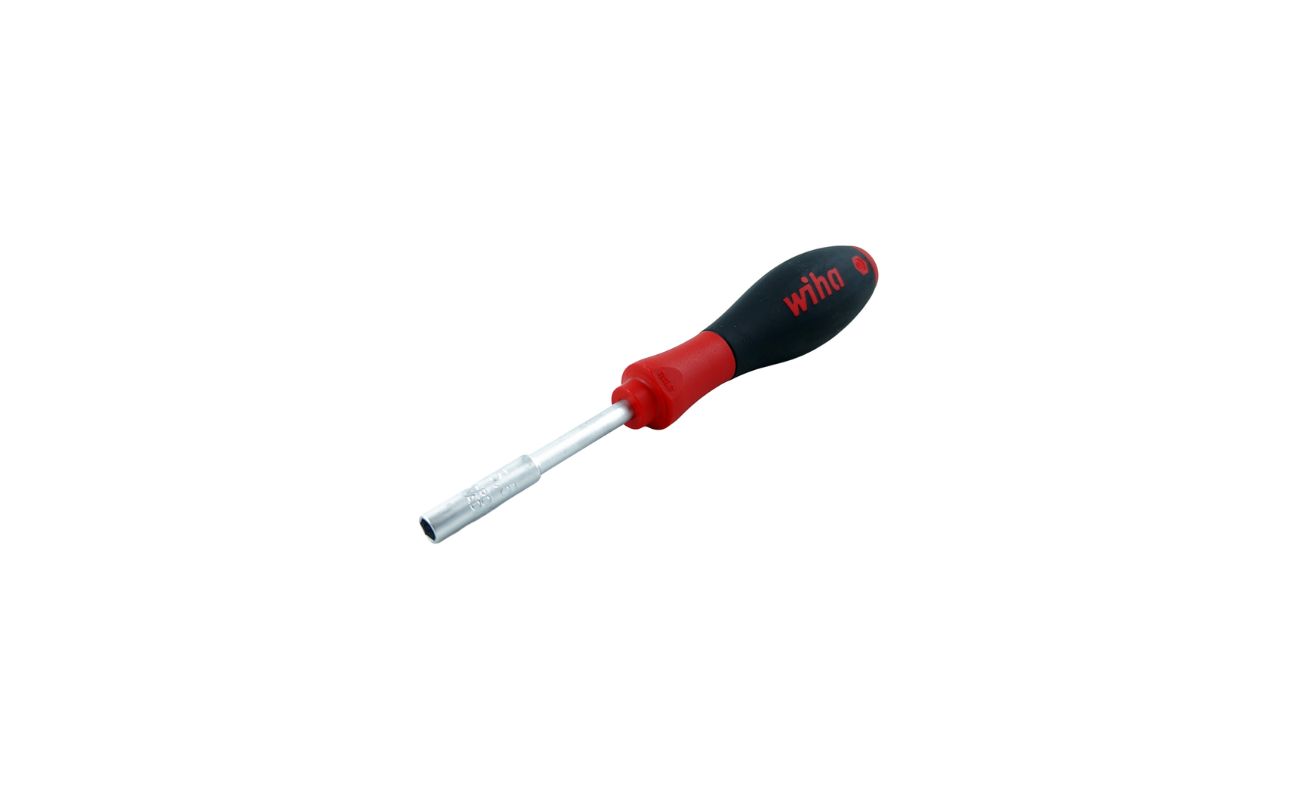
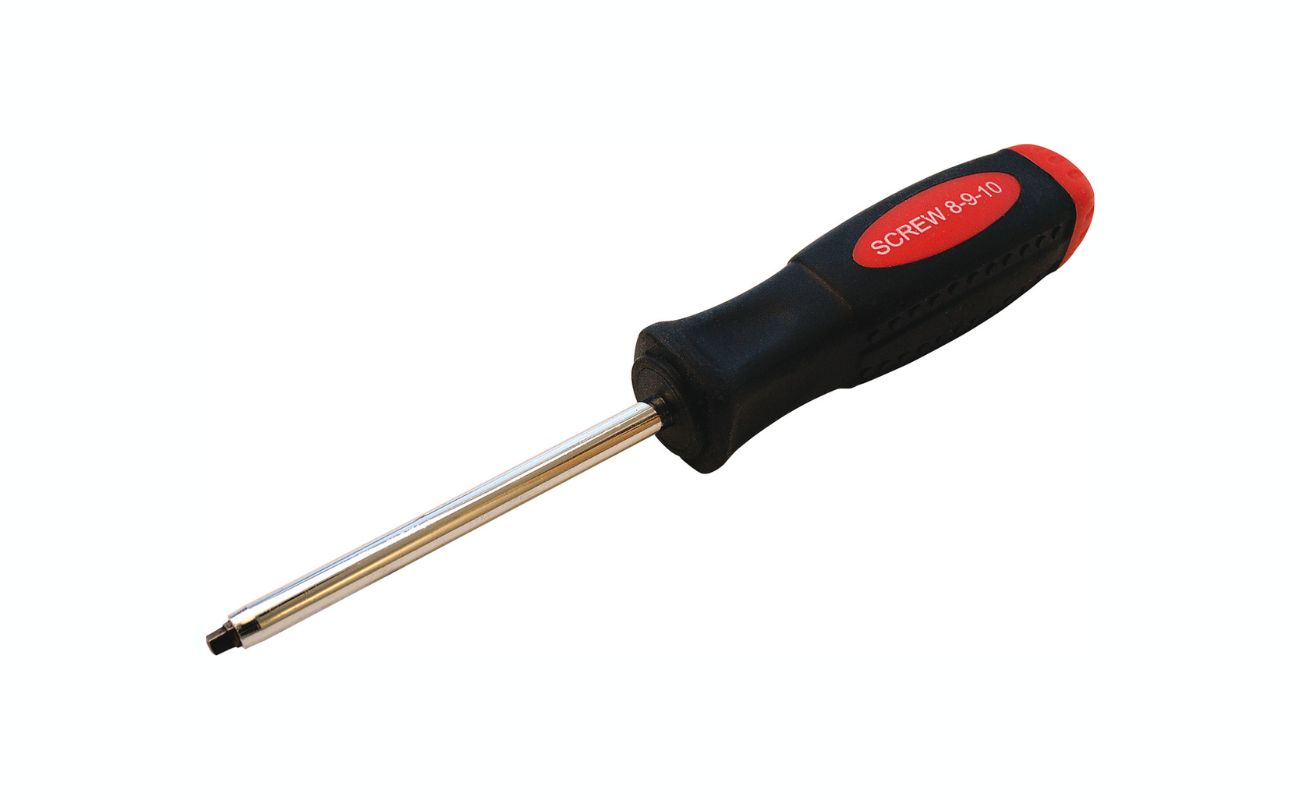
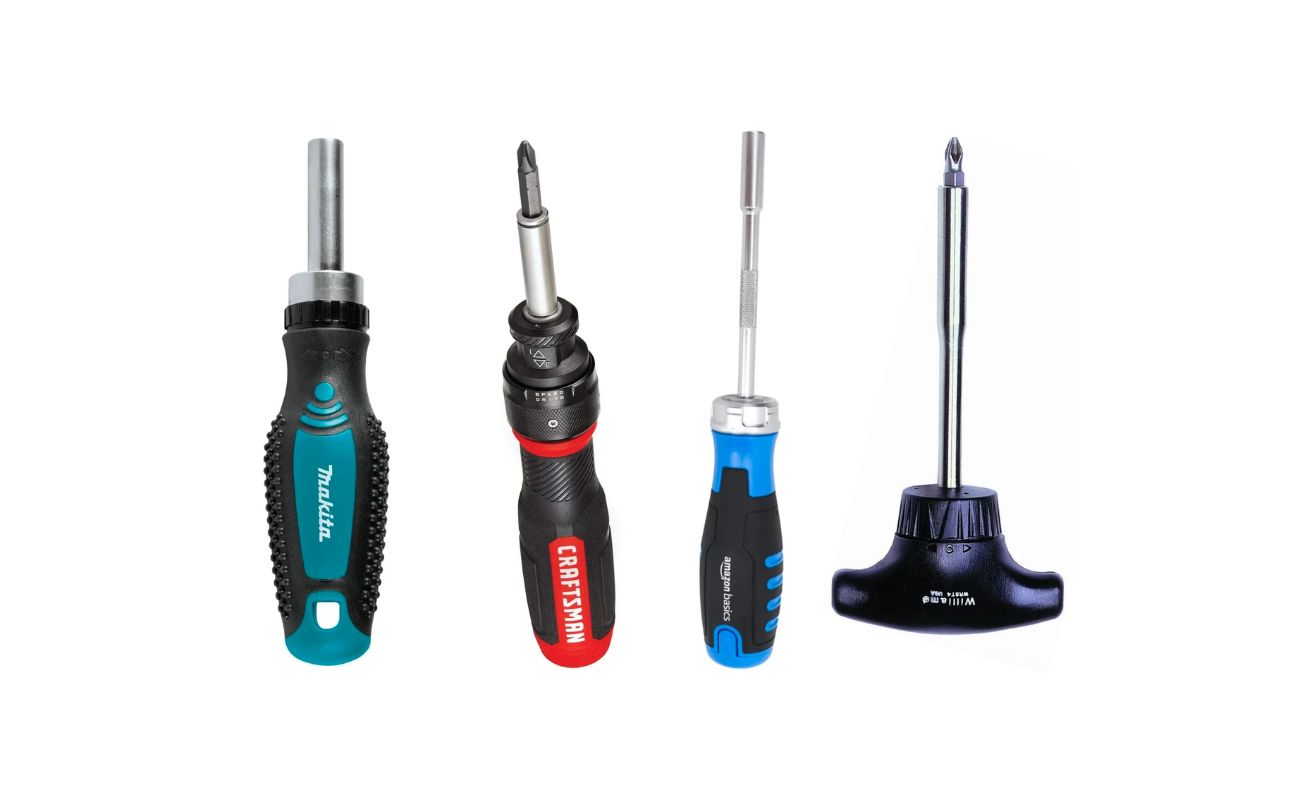
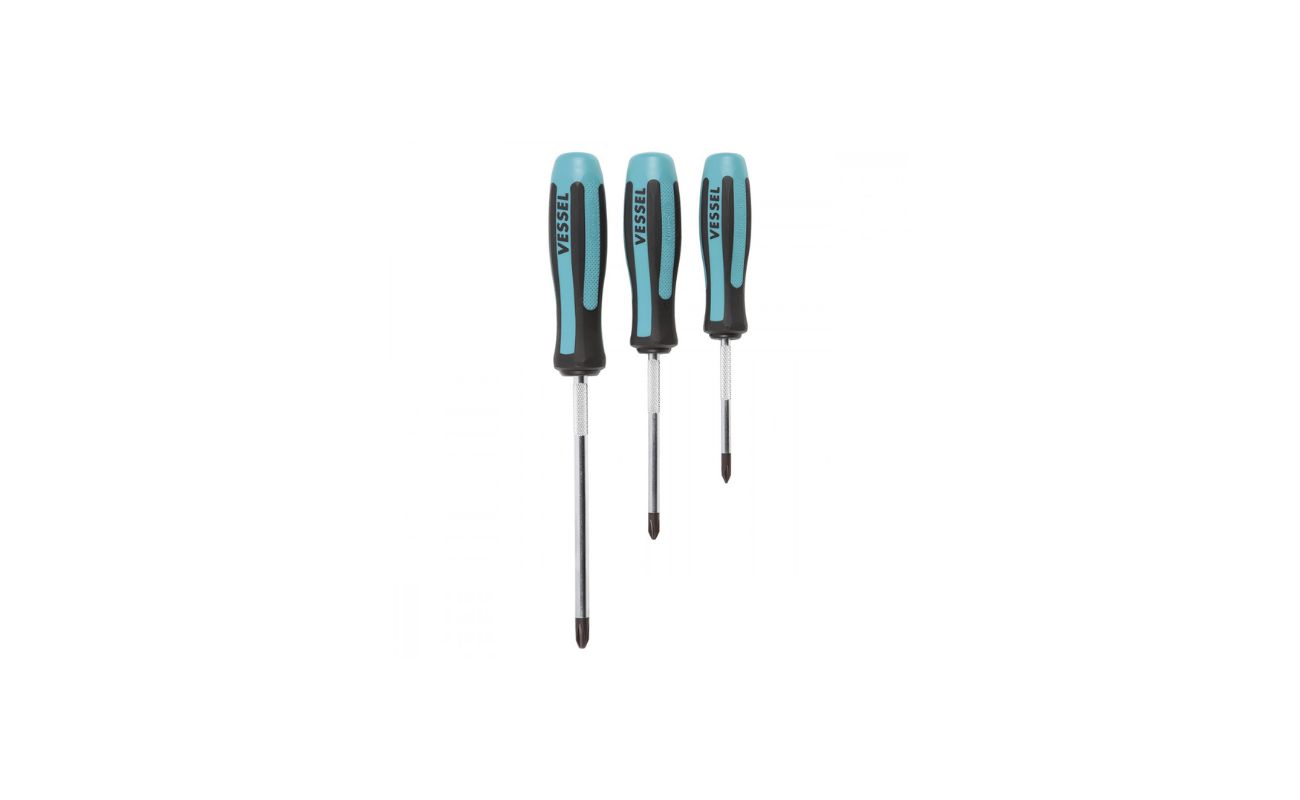
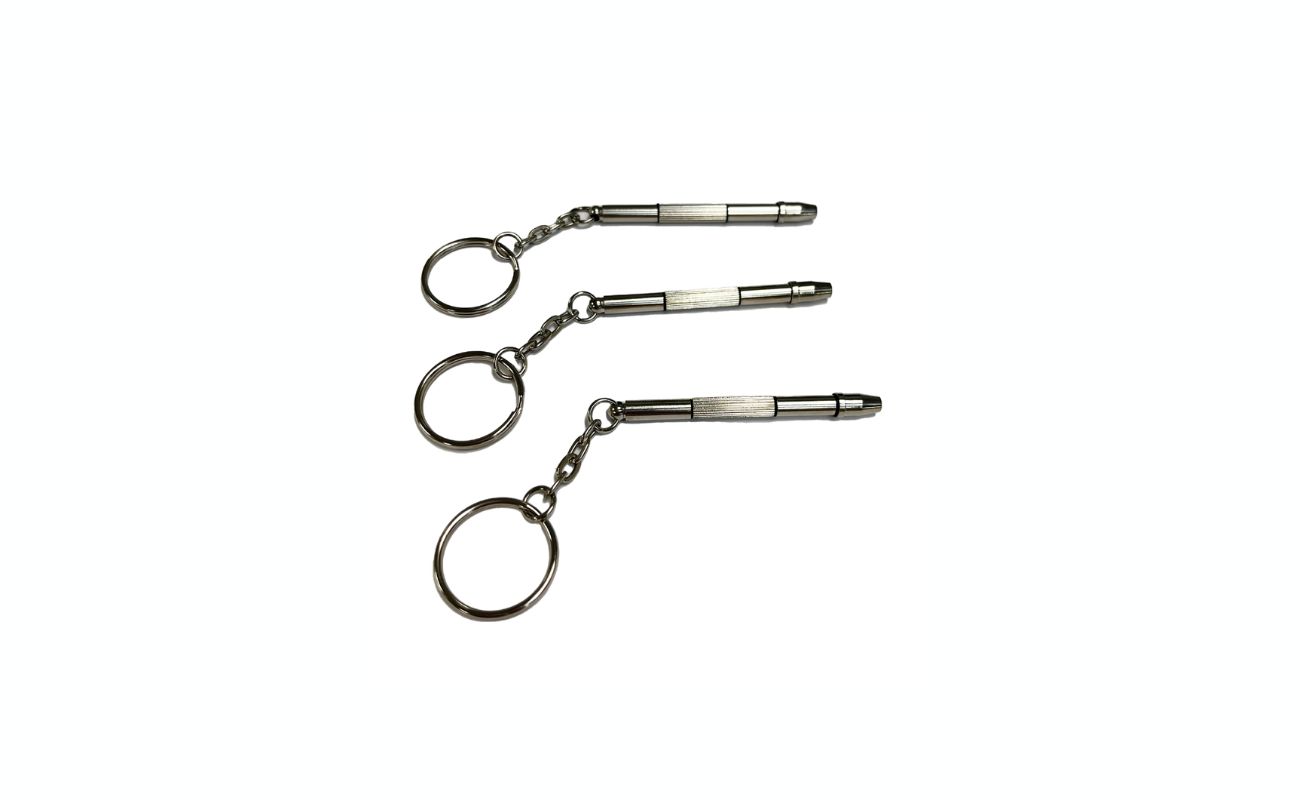
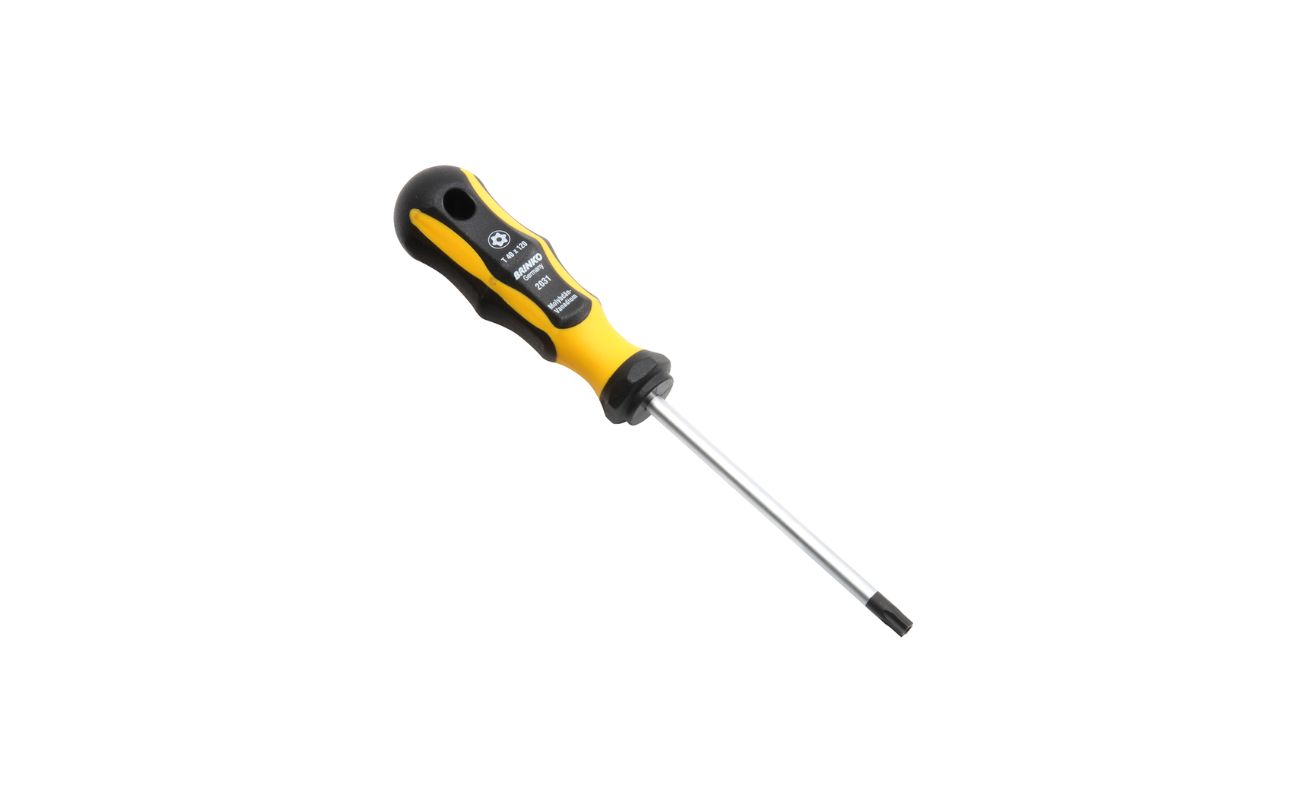
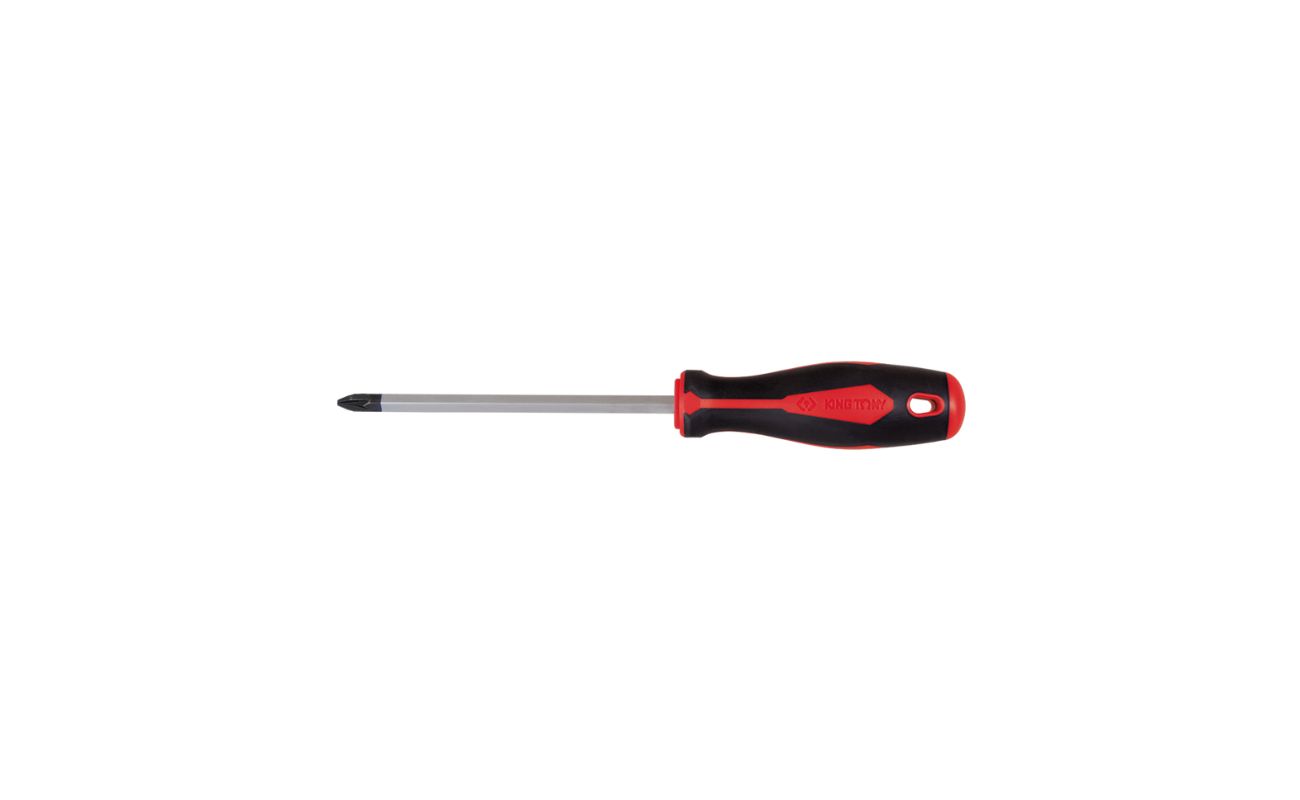
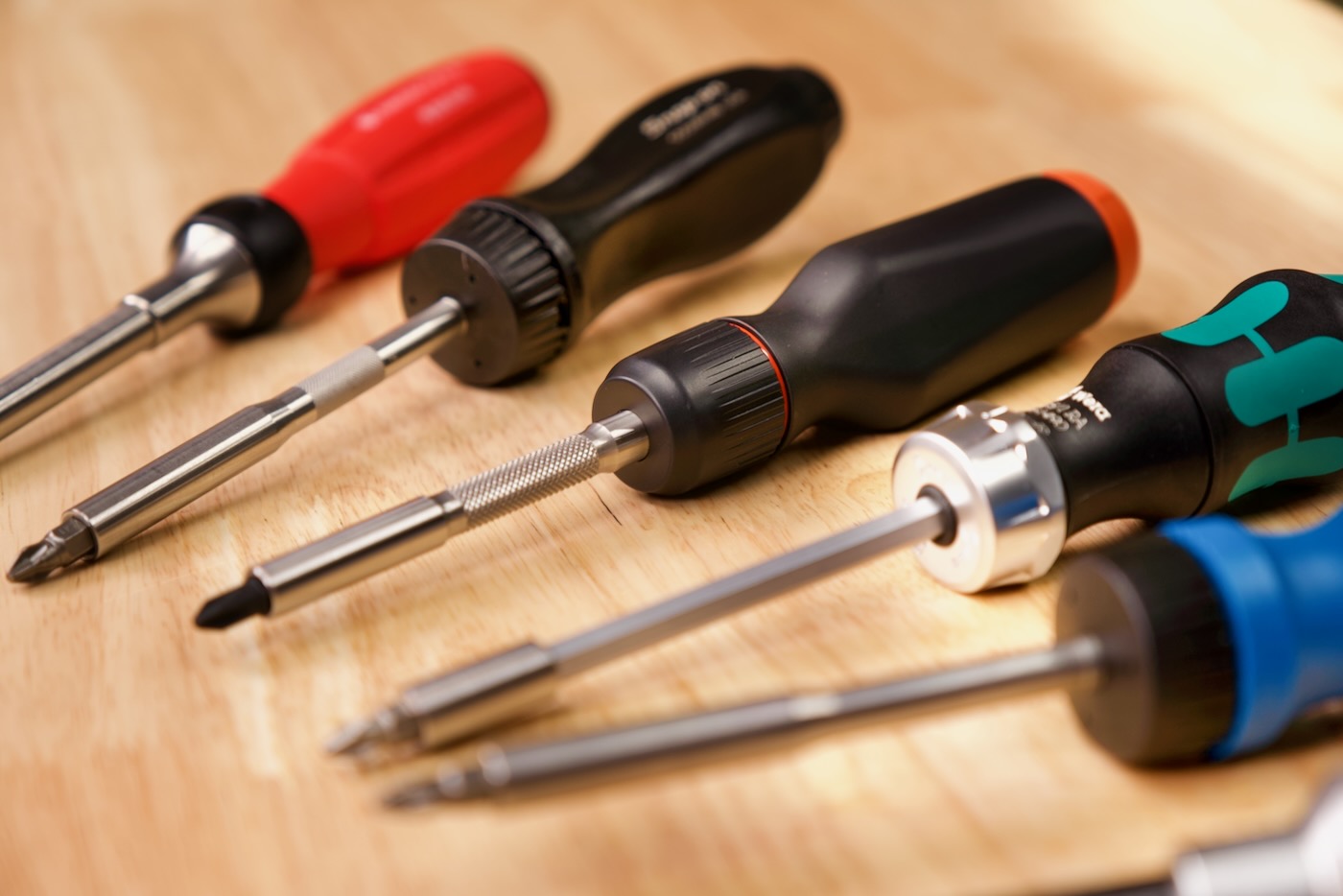
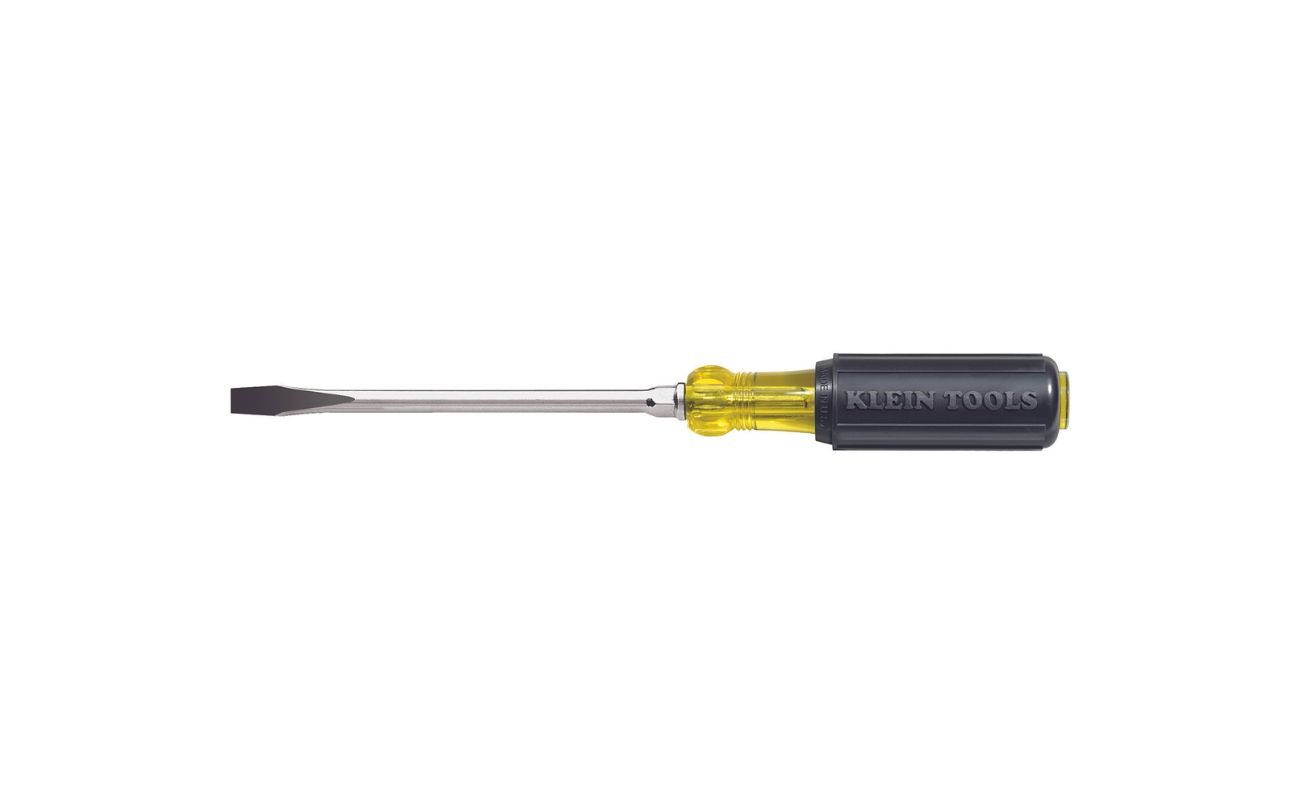
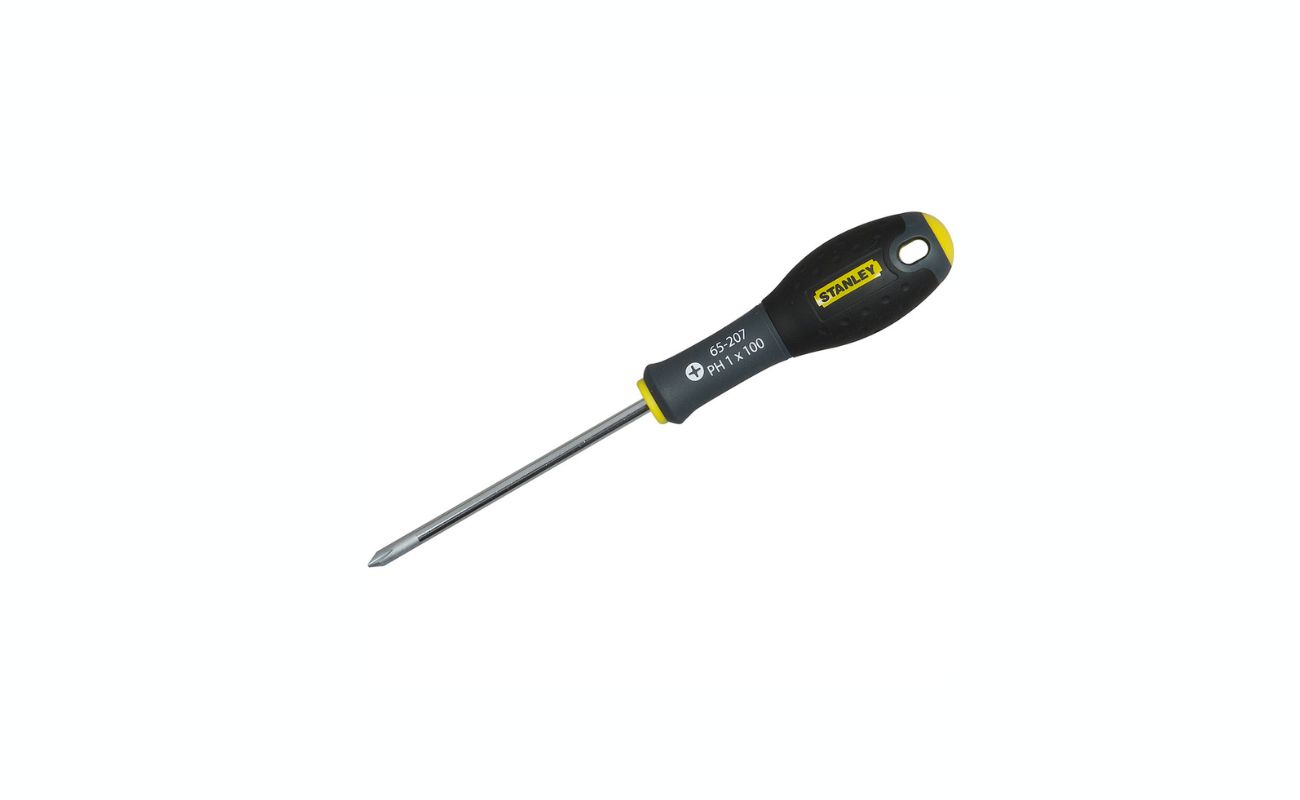

0 thoughts on “What Is An Electric Screwdriver”